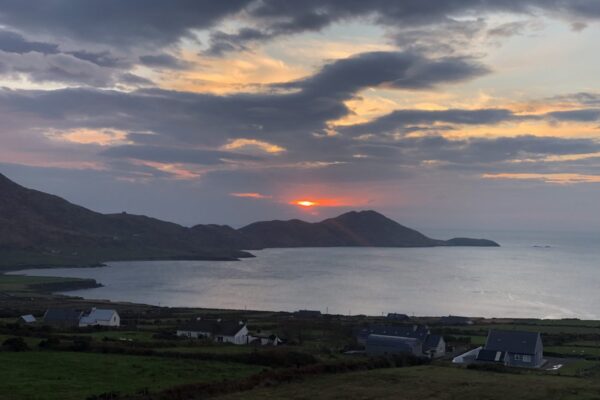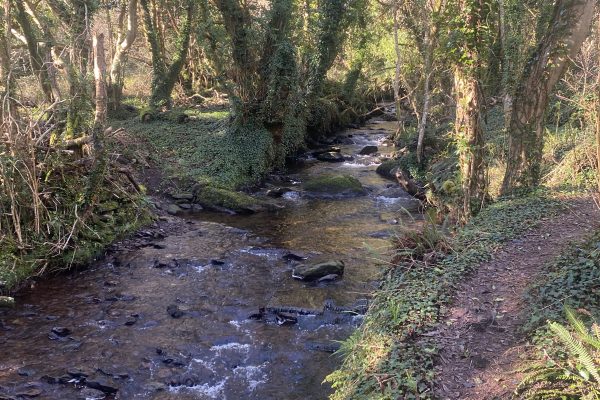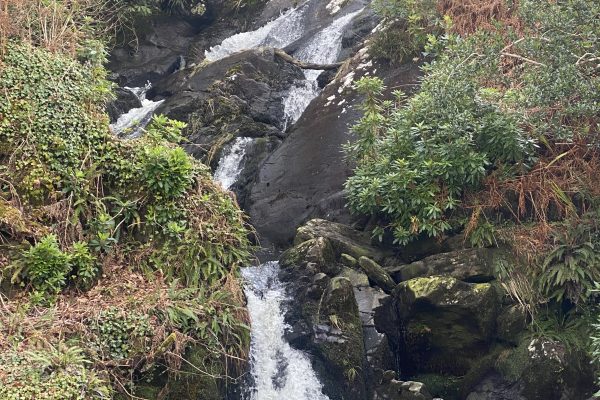Please note that this conference will help all stakeholders to understand the concepts involved in Closed and Semi Closed Containment in regard to salmon farming. It is imperative that you attend to see where this technology is currently. The other topics will allow you to become informed about Smolt Track and Environmental DNA and the important role they will play in conserving Atlantic salmon and sea trout.
This year the SWIRL annual conference will discuss SWIRL’s consultative document on the measures needed to restore wild salmon stocks and hear from three speakers about new technologies that have an important contribution to make to that task.
1000 – Registration
1030 – Opening address – Mr Sean Canney TD, Minister of State for Natural Resources
1050 – SWIRL’s proposals for salmon stocks recovery – Niall Greene, chair of the board, Salmon Watch Ireland
1110 – Dr Jens Carlsson, Associate Professor in the School of Biology and Environmental Science at University College Dublin, has been to the forefront of developing methods for environmental DNA studies. He will discuss how a new environmental DNA probe developed by UCD can be deployed to examine Atlantic salmon distribution in small streams and to identify salmon by-catch in commercial fisheries. Salmon Watch Ireland’s interest in these methodologies focusses on how barriers to migration affect salmonid distribution and how pelagic fisheries may affect survival rates of Atlantic salmon at sea.
1130 – Q&A
1150 – Open discussion on the causes of decline in salmon stocks in the SWIRL policy document
1220 –Dr. Åsa Maria Espmark , Senior Research Scientist, CtrlAQUA , will describe the latest developments in closed and semi-closed containment in salmon aquaculture. Salmon Watch Ireland’s interest in these technologies concerns the mitigation of sea lice and disease in relation to wild salmon. We also envisage that these technologies may help to reduce the polluting effects evident in open net cage farming in Ireland.
1240 – Q&A
1300 – Lunch
1400 – Open discussion on the proposals for reversing decline of salmon stocks in the SWIRL policy document.
1430 – Dr Willie Roche, Inland Fisheries Ireland will present some initial results from the telemetry-based SMOLTRACK study for Ireland and the early outcomes of the investigation into the apparent decline in sea trout stocks in Lough Currane.
Salmon Watch Ireland interest in these studies may influence and update policies in relation to salmon farming, barrier amelioration and predator impact on smolts.
1450 – Q&A
1510 – Open discussion about the suggestions about collaboration on salmon conservation between the state institutions and anglers, associations, federations, owners and managers in the SWIRL policy document
1540 – Summing up
1600 – Close of conference
The external speakers provide a unique input to the conference where they will discuss and explain new emerging closed containment technologies from aquaculture, environmental DNA technologies and temetery technologioes and how these may play an important role in helping wild salmon conservation.
Speaker Biographies
Dr Willie Roche is a Senior Research Officer with Inland Fisheries Ireland (IFI) the state agency responsible for inland fisheries and sea angling in Ireland. He has worked on many different species over his 30 + year career in the inland fisheries sector and now works on monitoring and research of marine sportfish (primarily elasmobranchs and bass) and sea trout.
Dr Jens Carlsson is an Associate Professor in the School of Biology and Environmental Science at University College Dublin. He has been working with fish population genetics since 1996 when he started his PhD studies. He received his PhD in population genetics in 2000 from the Swedish University of Agricultural Sciences. He then took up a Marie Curie funded Postdoc at The Danish Institute of Freshwater Fisheries Research where he worked with brown trout population genetics. Since 2012, he has been working at University College Dublin. While, he has primarily published extensively on population genetics of aquatic organisms,his lab group at University College Dublin is in addition to population genetics also focused on developing methods for environmental DNA studies.
Dr Åsa Maria Espmark is a senior scientist in Nofima, Norway. Her scientific interests has been related to welfare, welfare indicators and stress, both in Atlantic salmon and the cleaner fish species lump fish and Ballan wrasse. Dr. Espmark has been coordinating several national and international projects. Since October 2017, she has been the Center Director for CtrlAQUA SFI (center for research based innovation), partly funded by the Research council of Norway, where 20 R&D and industry partners collaborate to develop technological and biological innovations that make closed containment a reliable and economically sustainable technology.
A LINK TO POLICY DOCUMENT IS AVAILABLE ON REGISTRATION AND TICKET PURCHASE





